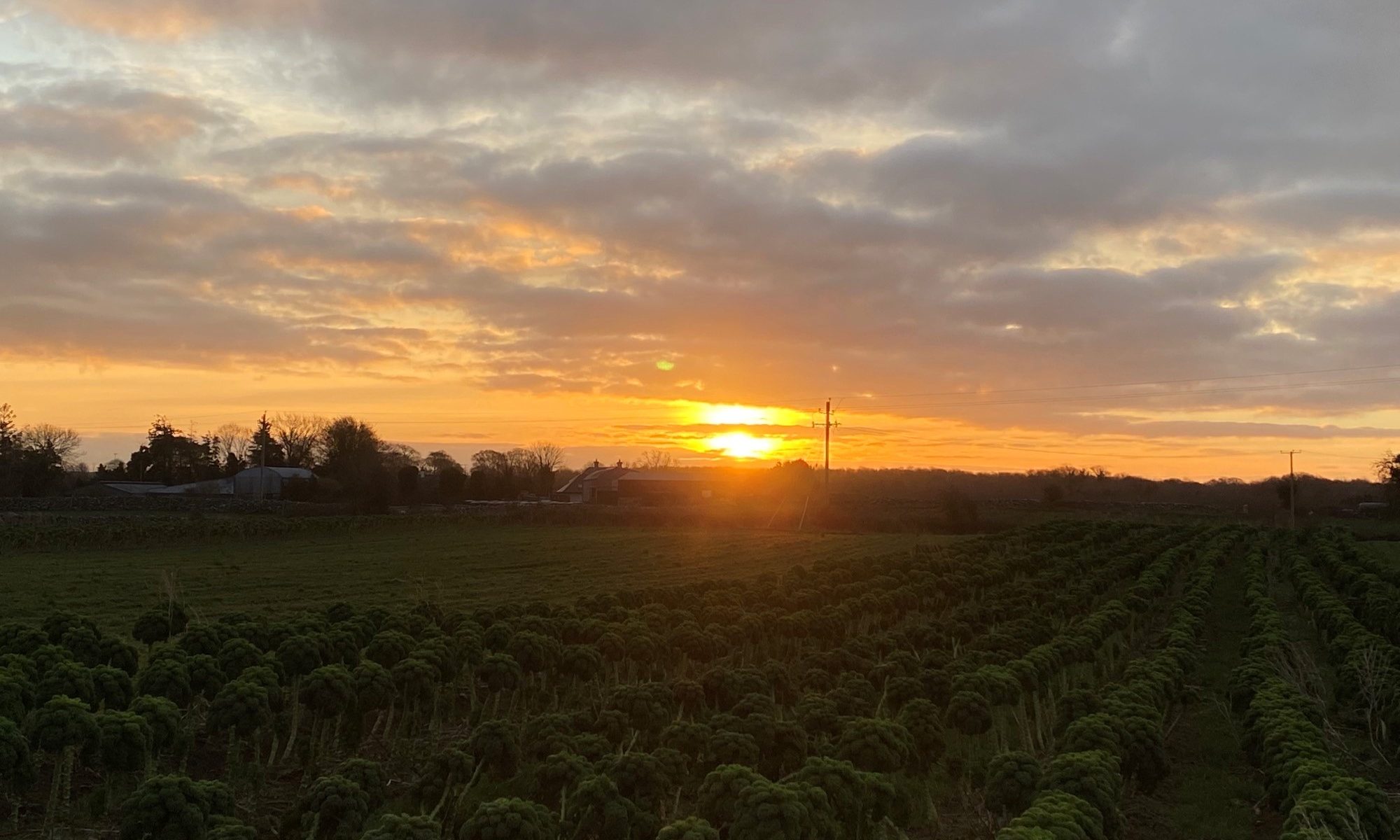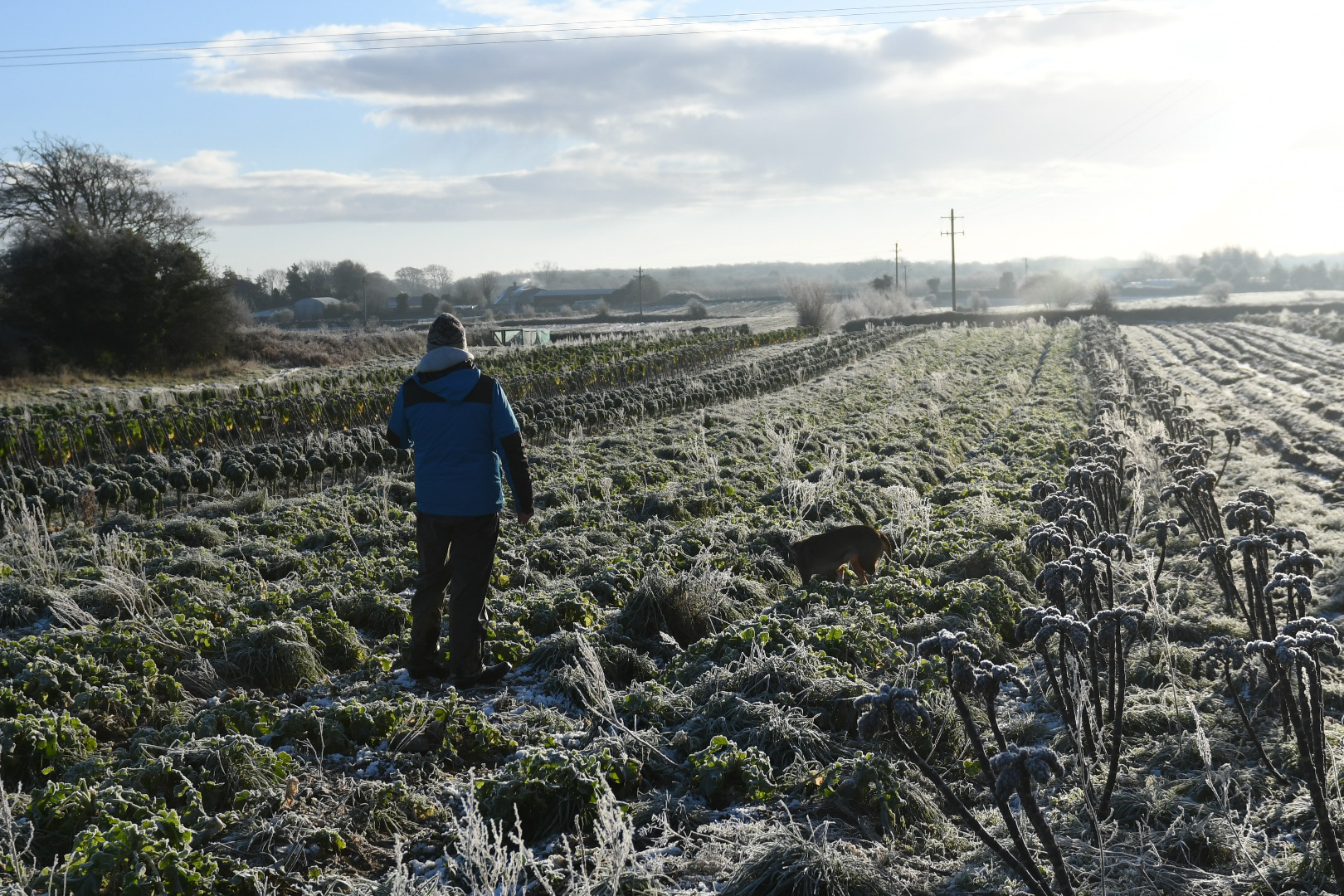The big lie, do you think that genetically engineered crops and glyphosate are necessary and safe?
The big lie is the idea that if you lie big and continue to repeat the lie enough it will eventually become so common that it is accepted by society.
As we choose our wild open pollinated flower seed for part of our rotation for the year ahead and wait for our bees to wake up from their winter slumber, it would seem we are a million miles away from the big agribusinesses that dominate our food supply chain.
These businesses are not in the business of altruism, they are in the chemical and life patenting business, a business which it seems gives them the right to own seeds (to own life itself) and make vast sums of money from the sale of these genetically modified seeds and the chemicals necessary to bring them to harvest.
One example of a big lie was the use of neonicotinoids in agriculture, we were told they were safe for the bees, they were not, and now after much research they are banned.
Another example is the idea that GM crops and the chemicals used on them are safe, are necessary, and bring benefits to nature, the farmer, and the consumer. Is this true? Here are a few facts that may help you decide for yourself.
- In 2015, 180millon Ha of GM crops were grown.
- Of this area, 4 key crops accounted for 178million Ha.
- Of these 4 key crops, soya 52%, Maize/corn 30%, cotton 13%, canola/oil seed rape 5% accounted for nearly 100% of all GM crops grown. (read the report here)
- All 4 crops have been engineered to allow them to be resistant to glyphosate allowing more of this chemical to be sprayed on the crops, meaning they will all contain higher levels of glyphosate.
- GM crops are banned in Europe, but GM products find their way into our food and remember because they are GM they will have been sprayed with significantly higher levels of glyphosate (A potential carcinogen). Some soybeans have been showed to have as much as 100mg/kg, the maximum residue limit is 40mg/kg in the US, in 1999 a supplier of both glyphosate and roundup considered 5.6mg/kg to be “extremely high”. (Read the report here)
- Many of these crops are grown to feed animals, and many of the by-products of these crops such as high Fructose corn syrup have made it into the ultra-processed foods on supermarket shelves. All are drenched in glyphosate.
- This combination of chemicals and plants both owned by agribusiness, makes these companies very rich and gives them a lot of power. Revenue from one leading agribusiness was $26 billion in 2022.
- Roundup ready crops do not improve the yield.
The development of this technology is not about feeding the world, it is about control of our food system, and making vast sums of money, it is about feeding a factory farmed food industry that is making us sick. So, are we to think then that altruism, safe food and doing right for the farmer, for the planet and the consumer are the driving forces behind these mega businesses? I will leave you to decide. With your support we support the very opposite of points 1-8 above. Thank you,
Kenneth


